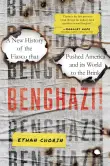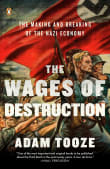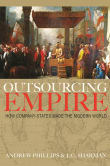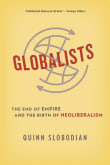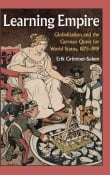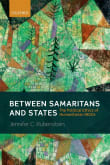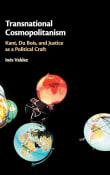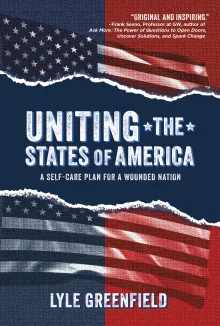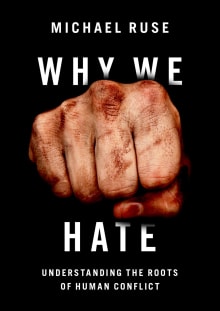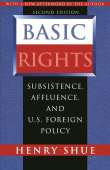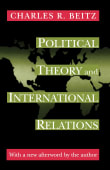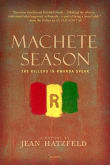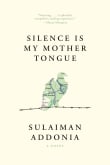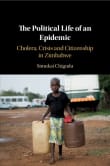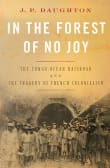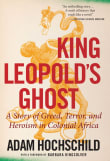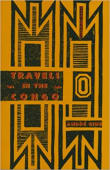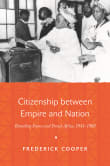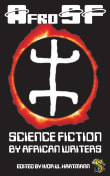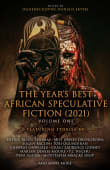Worldmaking After Empire
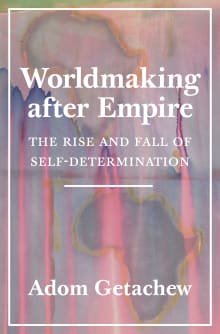
Book description
Decolonization revolutionized the international order during the twentieth century. Yet standard histories that present the end of colonialism as an inevitable transition from a world of empires to one of nations-a world in which self-determination was synonymous with nation-building-obscure just how radical this change was. Drawing on the political thought…
Why read it?
3 authors picked Worldmaking After Empire as one of their favorite books. Why do they recommend it?

Books that blur the boundaries between political theory and international history are seldom accessible, of pressing contemporary relevance, and beautifully written—but I found this book to be all three.
Reading this outstanding exposé, the book vividly reminded me of the importance of understanding the decades of decolonization in the Black Atlantic as more than a quest for sovereign statehood and recentering the ways in which the likes of Kwame Nkrumah and Julius Nyerere imagined new geographies and, indeed, new worlds. I admire the work in many ways—for its geographical sweep, exemplary pace, and conceptual clarity.
From Harry's list on ideas that have been shaping modern Africa.

In this book, Getachew reconstructs and analyzes the political thought of several anticolonial thinkers and leaders, including Kwame Nkrumah, Nnamdi Azikiwe, and Julius Nyerere. She takes readers on a fascinating journey through their political lives, filled with rich historical detail and careful attention to the content of their ideals and aspirations.
In so doing, Getachew recovers a vision of decolonization that does not pit commitments to national liberation against cosmopolitan concern for realizing justice around the world, but rather shows how national liberation can depend on reimagining—and remaking—the international order.
Not only did Getachew’s book give me an excellent introduction…
From Lucia's list on Political theory books on what makes a just world.

Getachew brings to life the geoeconomics of the postwar world from the point of view of decolonized nations. The international system into which they were admitted in the 1950s and 1960s was rigged to continue imperial relationships by a different name. “Worldmaking” refers to postcolonial states’ drive to transform the international system and make true self-determination possible. Leaders launched federation projects to reorient trade to other postcolonial nations and away from dependency on former imperial masters. In the 1970s they pressed for a New International Economic Order to change the terms of trade between North and South and unlock economic…
From John's list on economics and geopolitics.
If you love Worldmaking After Empire...
Want books like Worldmaking After Empire?
Our community of 12,000+ authors has personally recommended 100 books like Worldmaking After Empire.
